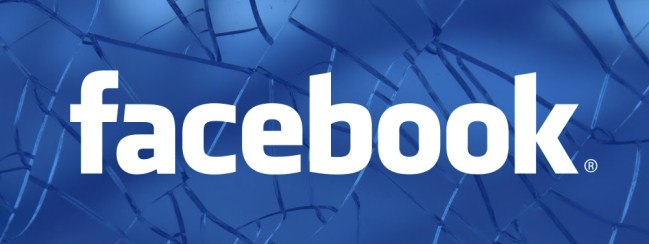
There was once a time when spam emails were our biggest worry. No longer, says Sophos. In its annual Security Threat Report, the IT security firm found that 67 percent of those using social sites like Facebook and Twitter have been spammed at least once in 2010. Worse, 40 percent of social users were sent malware in 2010, nearly double what it was in the summer of 2009.
Phishing attacks were up as well, with more than 43 percent of users having been sent false emails or communications as hackers attempt to steal login info. Sophos polled 1,200 users of social networks to find the data. 82 percent of respondents marked that Facebook-born threats were the biggest security issue at this time.
“The amount of cyber attacks on social networks has dramatically risen in the last two years,” said Graham Clulley, senior technology consultant at Sophos. “Spammers have turned to social networks as their security walls are no where near as good as email services. Plus cyber criminals experience greater deals of success on social networks because people trust spam more when it comes from a ‘friend’ and end up following links and spending more money than they do when emailed spam.”
In Nov. 2010, Digital Society studied many top Websites and found that both Facebook and Twitter failed basic security tests, like using SSL. About one year ago, the social network partnered with McAfee to try and improve its security features.
Have you experienced spam, malware, or a phishing attack on Facebook in the last year? Does Facebook have a worse problem than other services, like Twitter, or should the blame be spread around?


